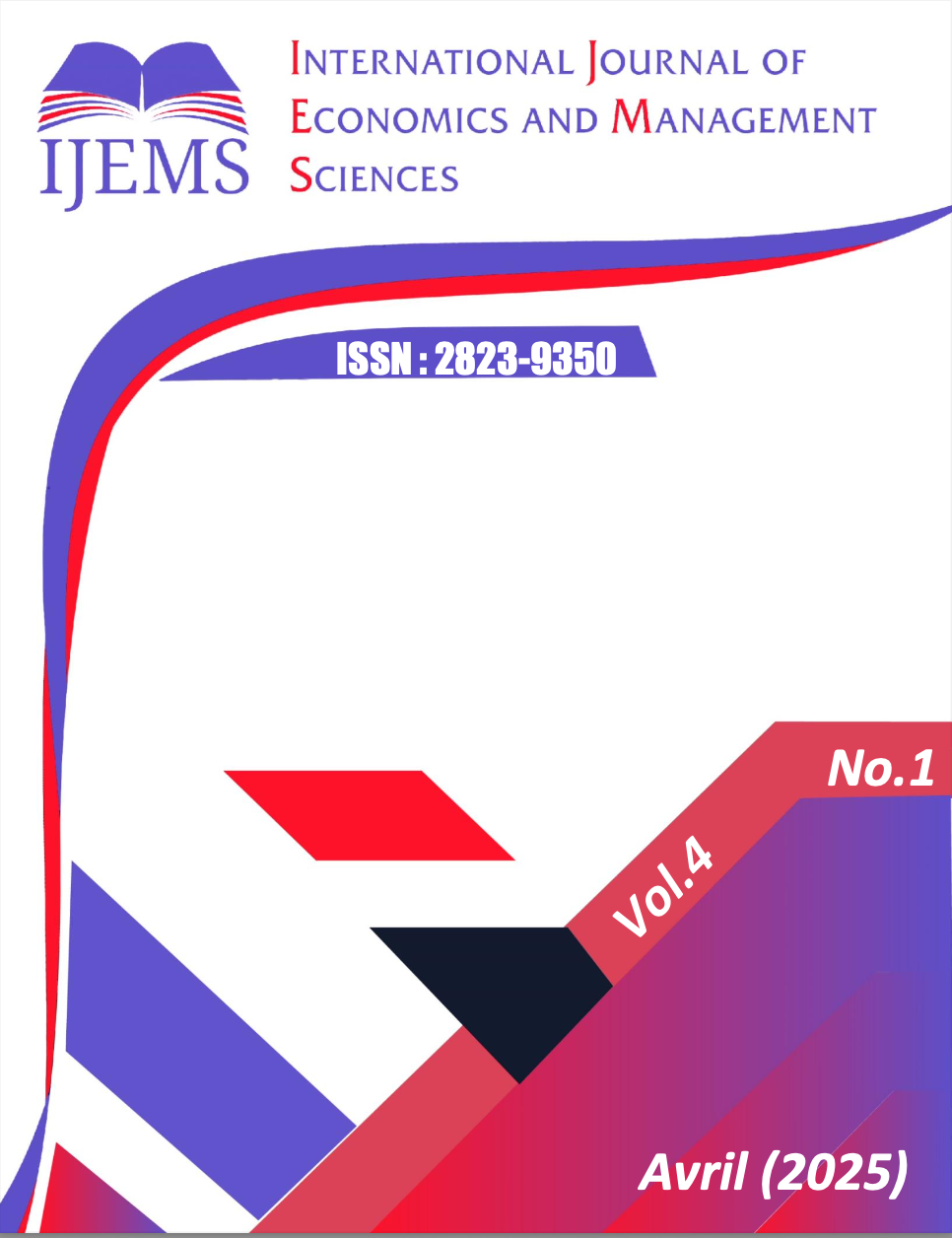Changements climatiques et sécurité alimentaire en Afrique subsaharienne.
Mots-clés :
changement climatique, production agricole, sécurité alimentaire, données de panelRésumé
Le changement climatique a des effets directs sur la production agricole des pays d'Afrique subsaharienne, notamment sur des cultures essentielles telles que le maïs, le sorgho et le mil, avec des pertes attendues pouvant atteindre 50 % d’ici 2050. Bien que des initiatives internationales, comme le Programme des Nations Unies pour l'Environnement et le Fonds Africain pour la Résilience Climatique, aient été lancées, elles sont entravées par des ressources limitées et une coordination inefficace. Ce travail de recherche analyse l’impact du changement climatique sur la production agricole et la sécurité alimentaire de 32 pays de la région entre 2000 et 2020, avec un focus particulier sur le Cameroun. À l’aide d’une approche longitudinale et de modèles de régression à effets aléatoires, l’étude examine cinq modèles de régression pour évaluer la production agricole et les dimensions de la sécurité alimentaire : disponibilité, accessibilité et stabilité alimentaire. Les données secondaires proviennent de la FAOSTAT et de la Banque mondiale. Les résultats montrent des écarts importants dans les émissions de gaz à effet de serre (GES) entre des pays comme l’Afrique du Sud et le Nigeria, qui sont de grands émetteurs, et d’autres comme le Cameroun, où les niveaux restent plus modérés mais persistants. L’analyse des régressions révèle que les gaz à effet de serre, la température, le CO₂ et le méthane ont un impact significatif sur la production végétale et animale. En outre, les facteurs climatiques montrent des corrélations importantes avec la disponibilité alimentaire, la variabilité des disponibilités et la prévalence de la sous-alimentation, validant ainsi l'hypothèse selon laquelle le changement climatique affecte significativement la production agricole et la sécurité alimentaire en Afrique subsaharienne.


















